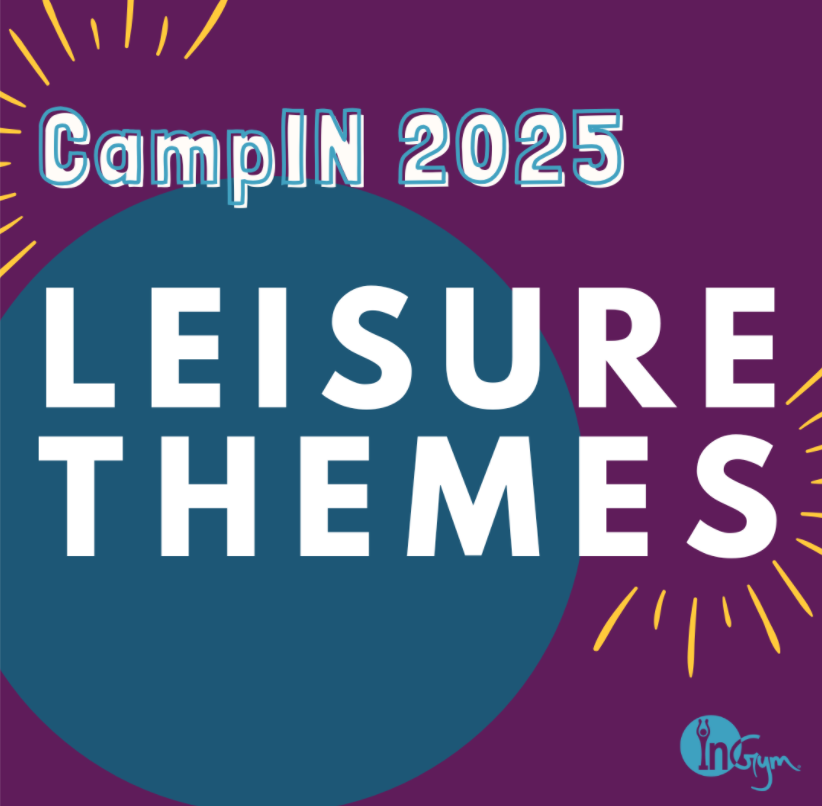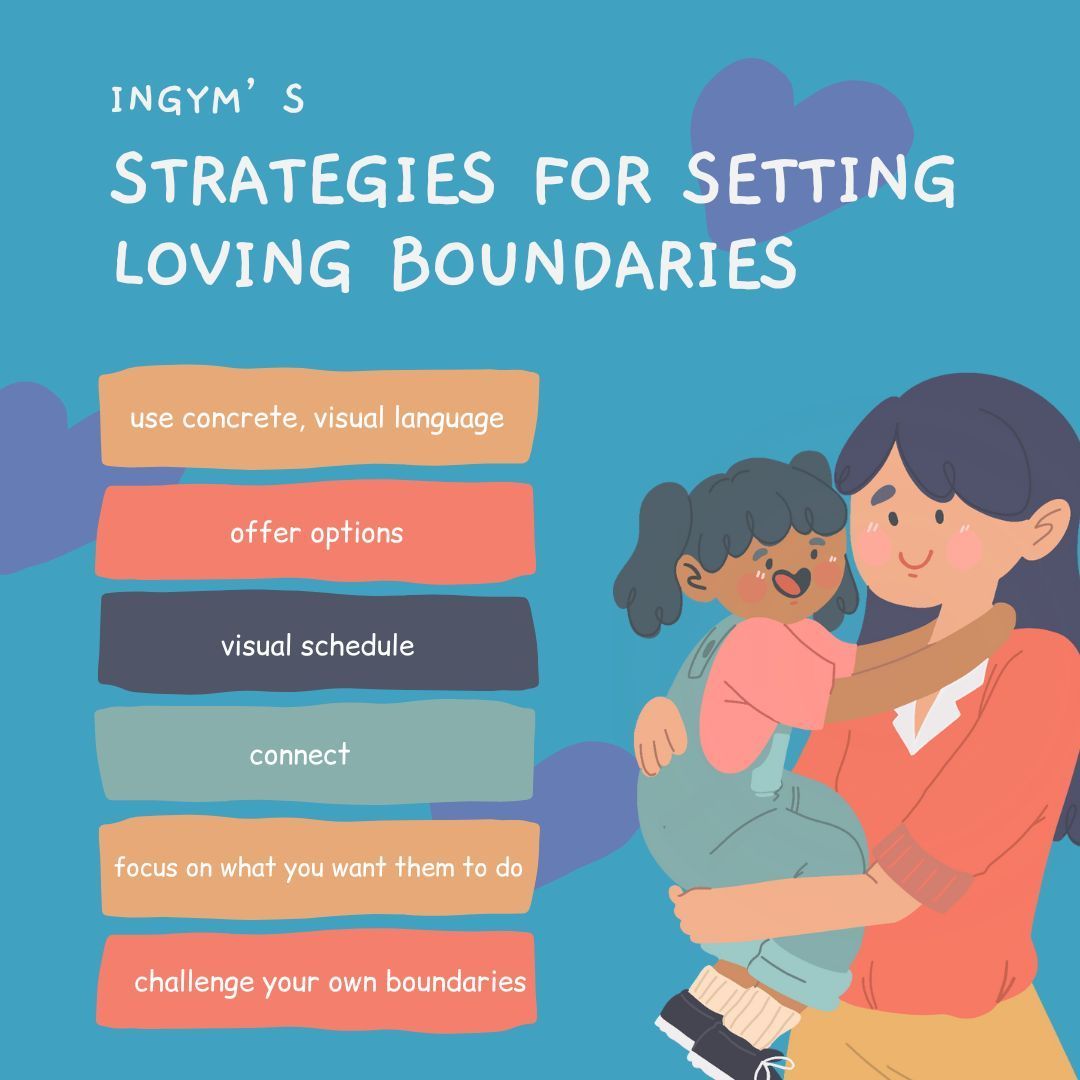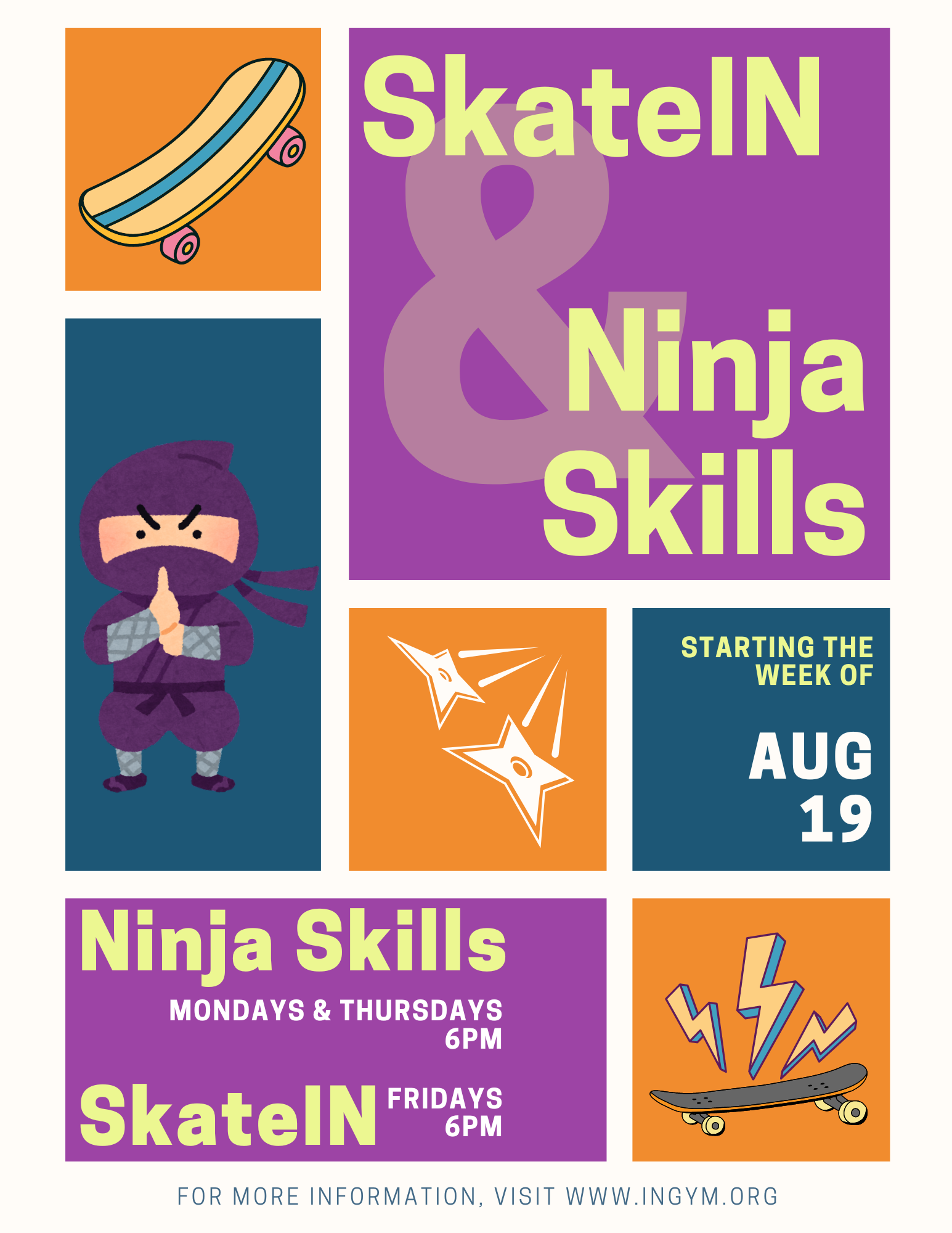InGym Services
List of Services
-
Occupational TherapyList Item 1
The “occupation” of a child is to play, learn, socialize, and thrive in life. Pediatric Occupational Therapists (OT) at InGym help children to young adults increase their participation..
-
Occupational Therapy GroupsList Item 2
Ninja Skills for the Youthful Soul, SkateIN, and InPre-K
-
FloatINList Item 3
This aquatic occupational therapy program uses fun and engaging water-based activities to support the development of sensory integration, body/spatial awareness, motor skills
-
CampINList Item 4
Every summer InGym provides a fun Summer Intensive Therapy Program (CampIN).
-
Leisure Skills
InGym™ is proud to offer therapeutic ski and snowboard lessons on their very own SkyTech virtual ski simulator
-
INSchool
As your primary occupational therapist gets to know your child, they can also be available for school visits and consults.




